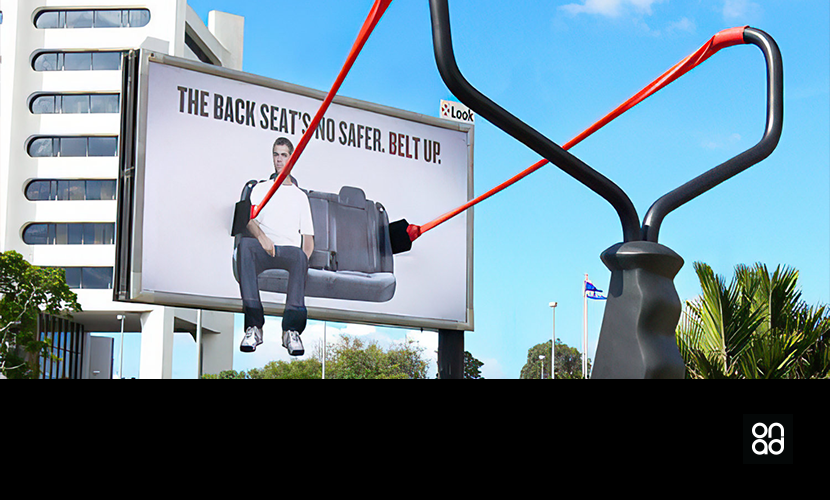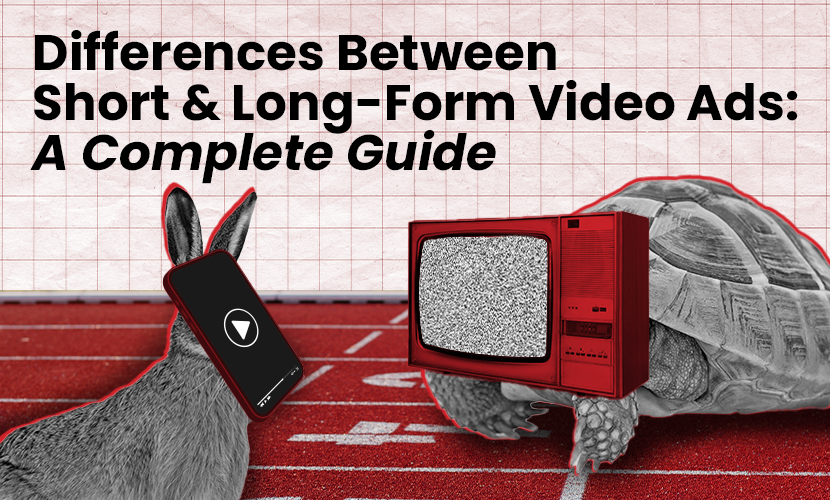
Lessons from NFL’s Failed Crisis Response Plan
Crisis management does not get any more woeful than the National Football League’s recent responses to NFL-player-involved scandals. The NFL’s response to downplay the incidents triggered a PR firestorm. A PR Armageddon quickly engulfed the National Football League following a wave of negative press regarding recent player-related domestic violence and child abuse allegations. The National Football League delved into a crisis response fiasco following the mismanagement of the domestic violence case involving Baltimore Ravens running back Ray Rice and the child abuse scandal implicating Minnesota Vikings running back Adrian Peterson. The press accused the NFL of leading an extensive cover-up campaign for players tangled in abuse-related offenses. The National Football League received widespread criticism for attempting to cover up information that they claimed they never had; failing to instigate proper player punishments; and, displaying an abhorrent lack of responsibility. All of which sparked a firestorm of controversy. This preventable crisis is a direct result of not having a crisis response plan that takes into consideration the reputation of the company and how the public views it.
Here is a laundry list of recent issues challenging the National Football League ’s reputation:
Advertisers Turn Away from NFL Scandals
However, the issues within the NFL did not end there. A second allegation against Peterson surfaced on Oct. 8. The NFL has since suspended Peterson, pending an investigation. On Sept. 17, the Arizona Cardinals released backup running back Jonathan Dwyer due to charges related to domestic violence. In a week filled with domestic violence and child abuse-related scandals, major advertisers including Anheuser Busch, Verizon, and General Motors are putting pressure on the National Football League to address these issues. Radisson Hotels, whose headquarters are in Minnesota, went as far as suspending their sponsorship of the Vikings to protest the team’s decision to keep Peterson on the active roster until pending charges of child abuse are resolved.
It does not take a genius to note that the NFL’s brand and reputation are in extremely deep water. Not only is the NFL holding on for dear life amidst the flood of public criticism, but the actions of the League are also under the utmost scrutiny. Had the National Football League understood the culture and ethics of its stakeholders and fans, the League would have a crisis response plan that properly limits its potential liability in the wake of said incidents. Moreover, the League would not be struggling to tread water if it responded to each crisis in a quick, accurate, and consistent manner.
Crisis Communication and Consistency
The NFL initially dragged its feet before addressing the incident involving Rice with the public. The National Football League’s passive approach allowed the media an opportunity to attack the organization with negative headlines and intensify America’s disdain toward domestic violence and child abuse. The first course of action the NFL should have taken is the swift punishment of Rice. While the NFL claims it didn’t receive video surveillance incriminating Rice prior to the initial punishment, the League’s punishment was still far too lax and inconsistent with prior responses it made to player-related scandals. A player convicted of smoking marijuana is eligible for a four-game suspension, whereas Rice only received a two-game suspension regarding domestic violence. Even if the NFL did not have sufficient information to make a case, the NFL should have at the very least suspended Rice pending investigation, a solution they currently are applying to Peterson. The NFL’s crisis response strategy demonstrates how inconsistent responses confuse the cause and purpose of the problem and leave a company vulnerable to negative attention and media scrutiny.
Inaccuracies also make an organization look inconsistent and add fuel to the PR fire. The NFL blatantly lied about not receiving an Atlantic City elevator surveillance video displaying Rice abusing his then-fiancée. However, a subsequent report surfaced by police officials stating a copy of the video was provided to the National Football League . Providing misinformation to the media will only heighten the crisis. Instead, when an organization appears to be at fault, a company representative should admit the company made a mistake; express sincere concern to those affected; firmly states the company’s commitment to resolving the issue; and, implement steps to ensure it never happens again.
Going forward the NFL will encounter an increased amount of public scrutiny. The reputation of the NFL is damaged, but fixable. In order to rectify the problem, it is essential to build public trust. If the NFL is going to recover from its lack of proper brand and reputation management, it must formulate a crisis response plan in tune with the factors that influence public opinion. Knowing these factors, the League can better manage its reputation in the court of public opinion.
Contact us today to learn more!








